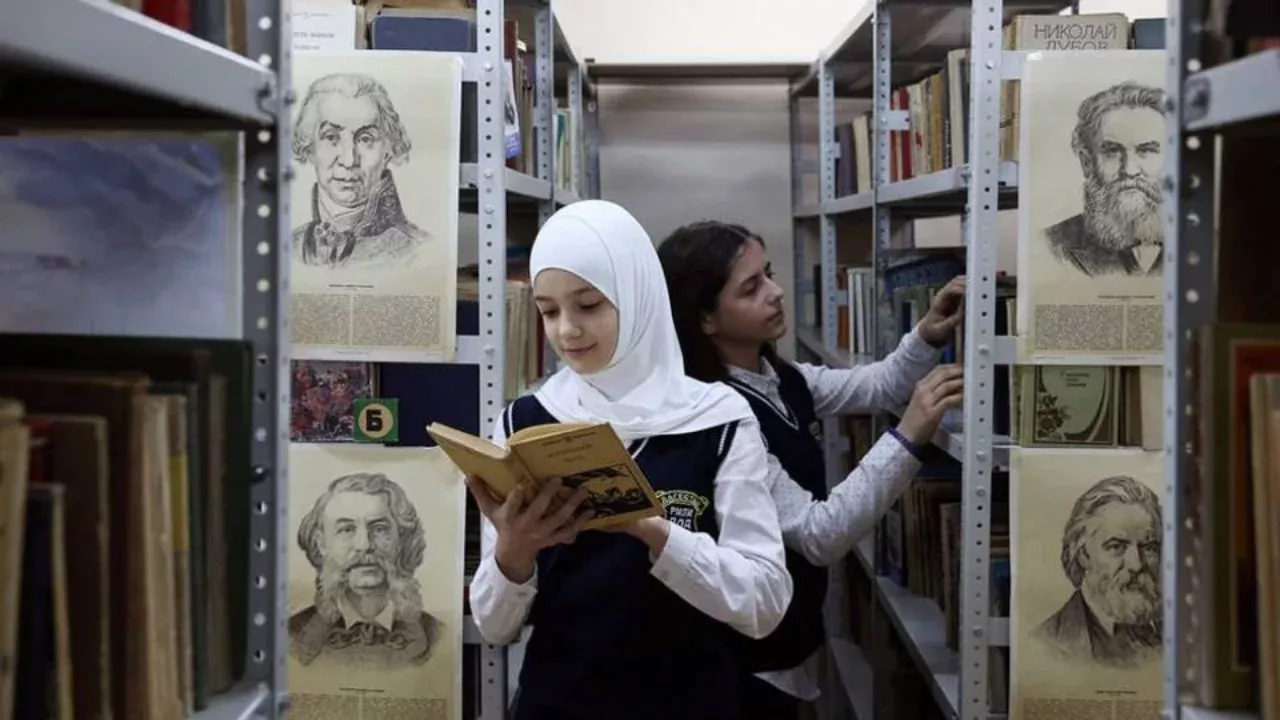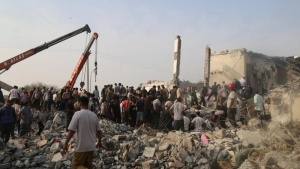A ban on religious clothing has been introduced in schools in Russia

Discussions about religious clothing in schools in Russia are intensifying. This was reported by Zamin.uz.
According to the latest decision, in the Khanty-Mansi Autonomous Okrug, students wearing head coverings, including hijabs and niqabs, will not be admitted to any educational institutions. According to the regional education department, this regulation is being gradually implemented in 303 schools.
Each school has independently approved this decision through its internal documents. It is emphasized that the ban applies not only to hijabs or niqabs but also to other types of headwear, such as scarves, skullcaps, and hats.
School administrations made this decision taking into account the opinions of parent councils and local communities. Additionally, parents are required to familiarize themselves with and sign the school charter and internal regulations.
If they do not agree with the rules, there is an option to educate the child through remote or home-based learning. The Youth Policy Department of Yugra states that such restrictions were introduced to ensure a unified secular environment in schools and to reduce the influence of religious symbols in the educational process.
This situation is not occurring for the first time in Russia. In October 2024, the Vladimir region also banned wearing hijabs or niqabs in schools.
The local government explained this by emphasizing Russia's status as a secular state. Officials, citing the laws "On Freedom of Conscience and Religious Associations" and "On Education," stress that religious clothing contradicts the principles of secularism in the educational process.
According to Vladimir Kuimov, Deputy Governor of the Vladimir region, this ban was introduced to prevent conflicts arising from religious views in schools. However, activists and human rights defenders consider such restrictions as violations of religious freedom and human rights.
They believe that the state should treat all groups in society equally, and imposing responsibility for expressing personal religious beliefs contradicts democratic values. Currently, similar restrictions on religious clothing in schools are being discussed in other regions of Russia as well.
Experts say this trend may complicate the balance between secularism and personal freedom. Thus, the issue of religious clothing in Russia's education system has once again become a topical subject of discussion, and this process has reached a new stage in the Khanty-Mansi Autonomous Okrug.







